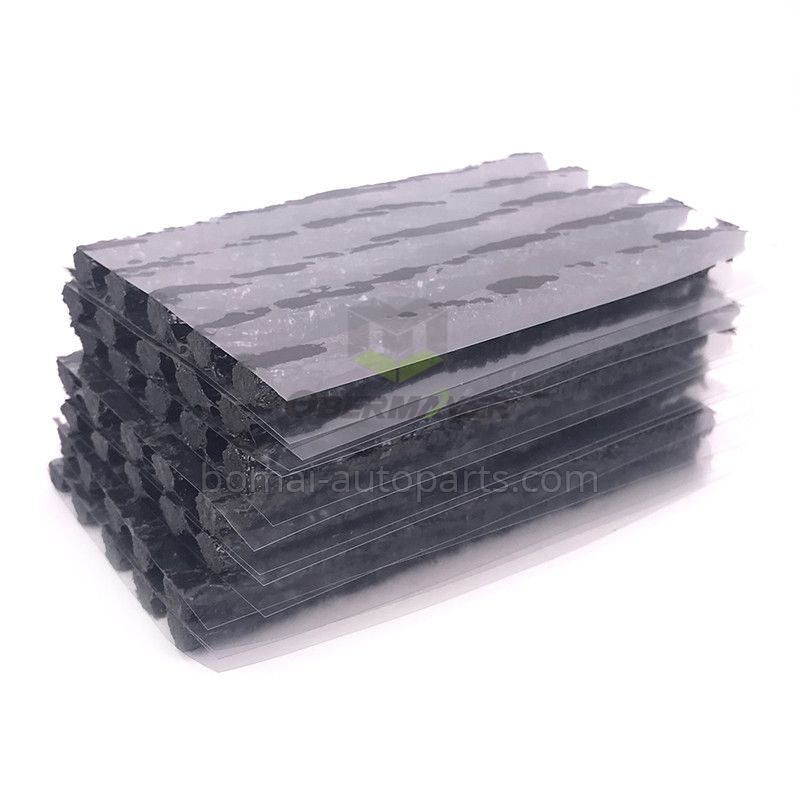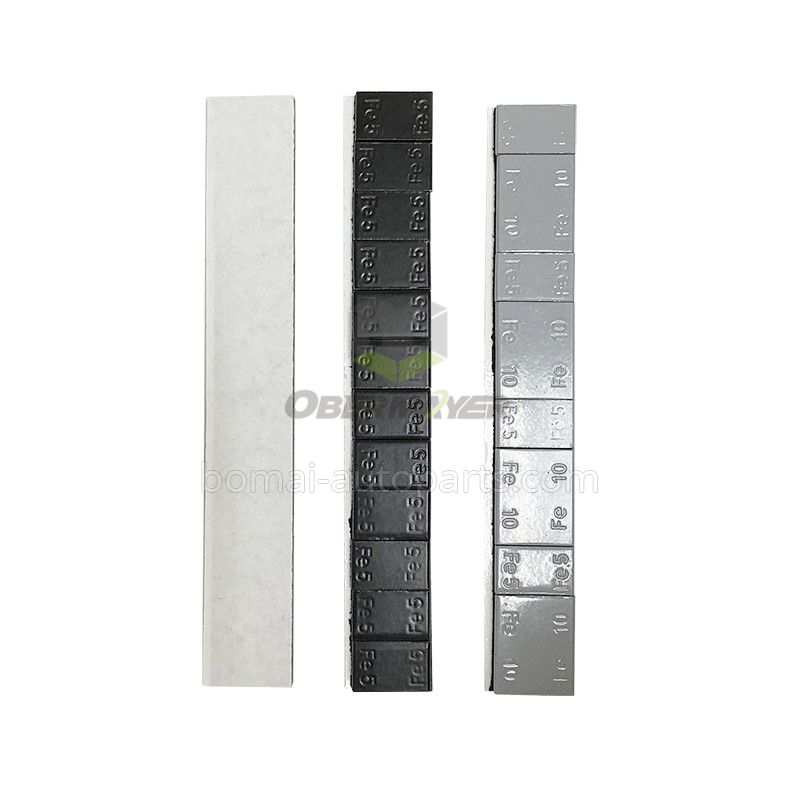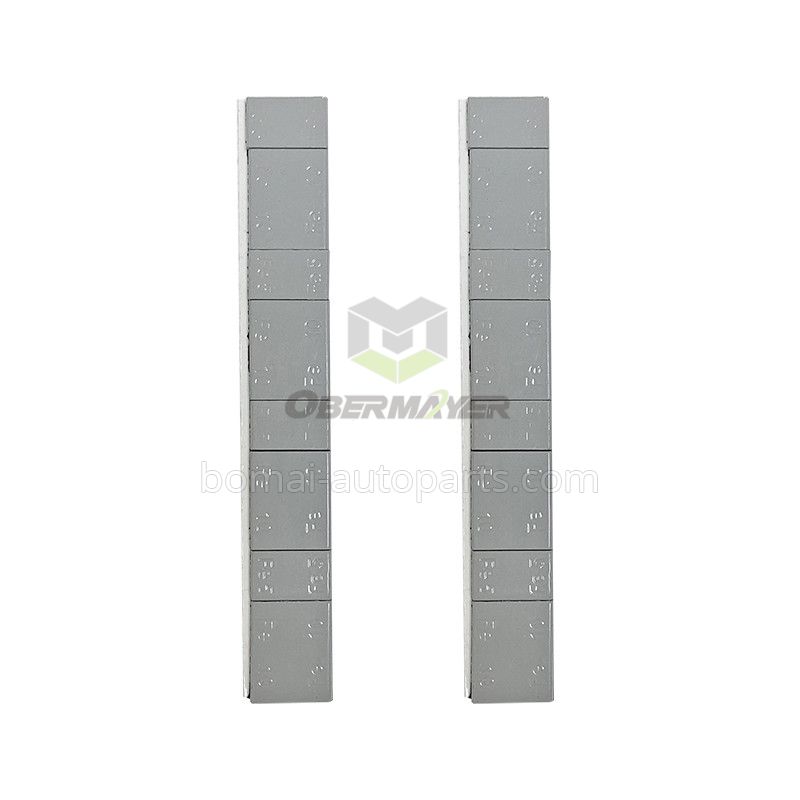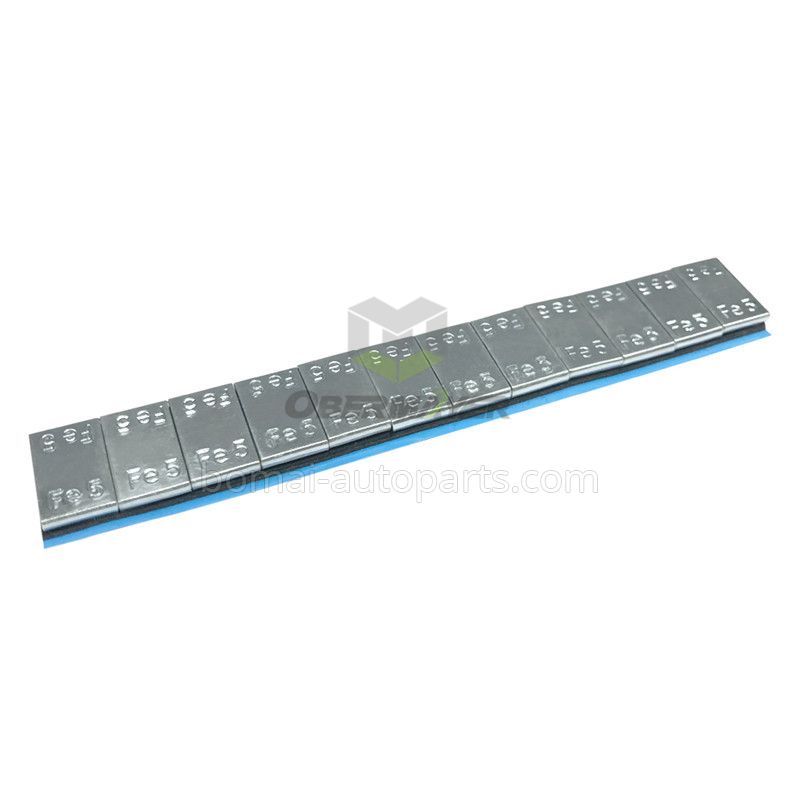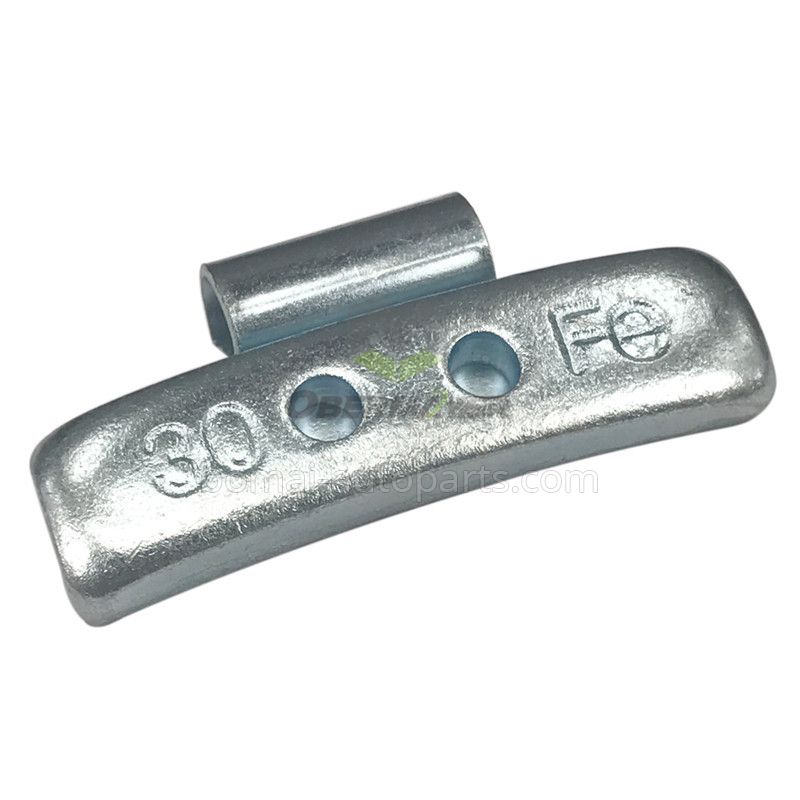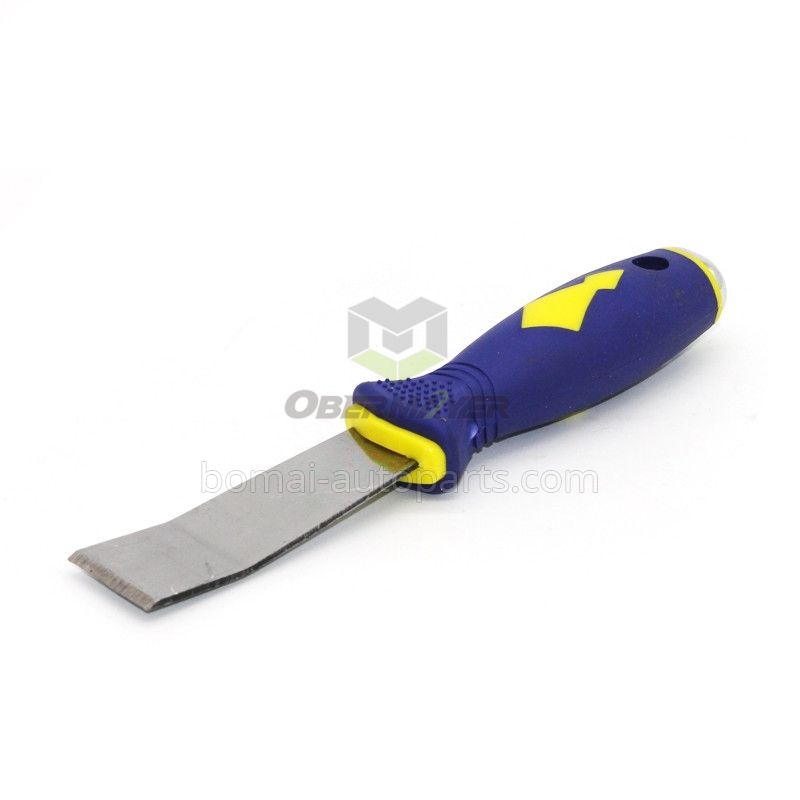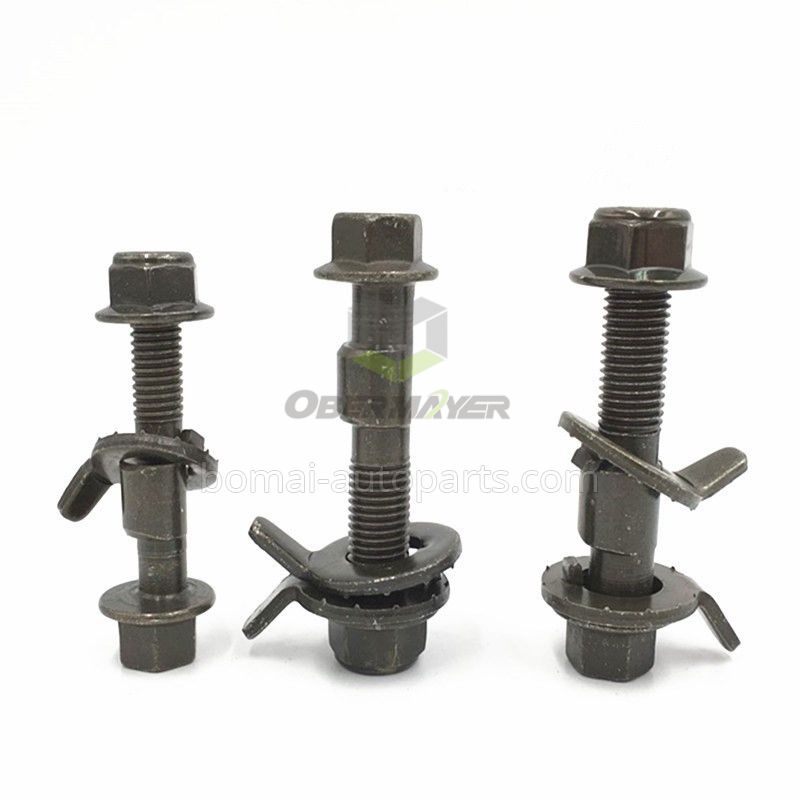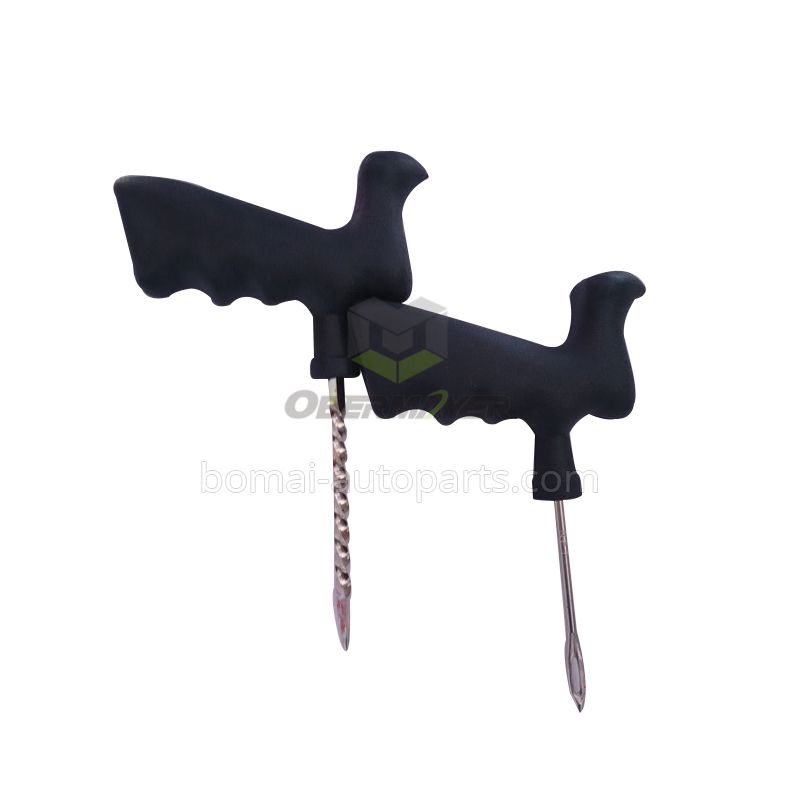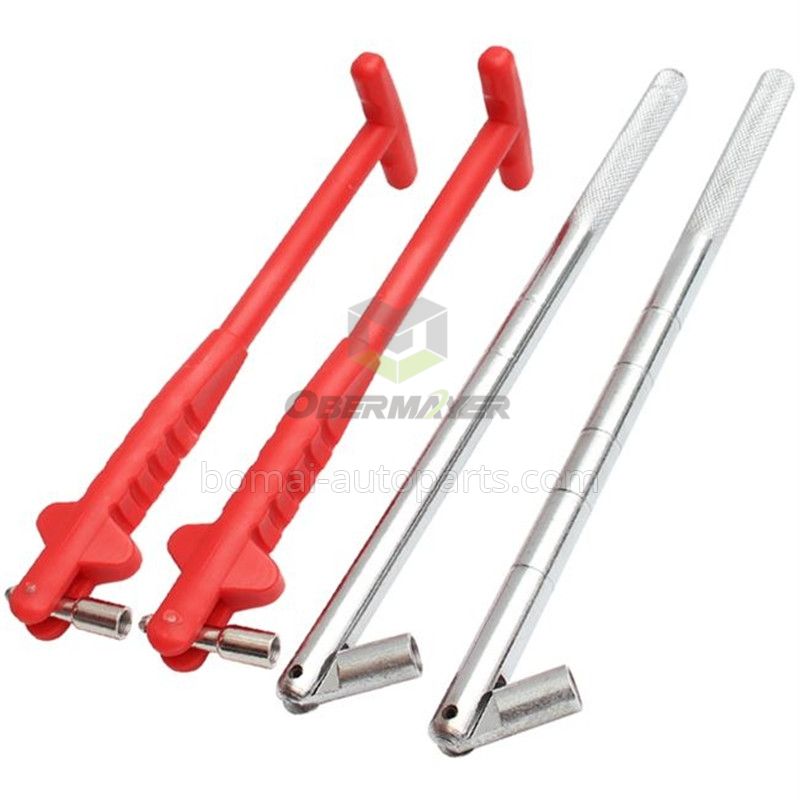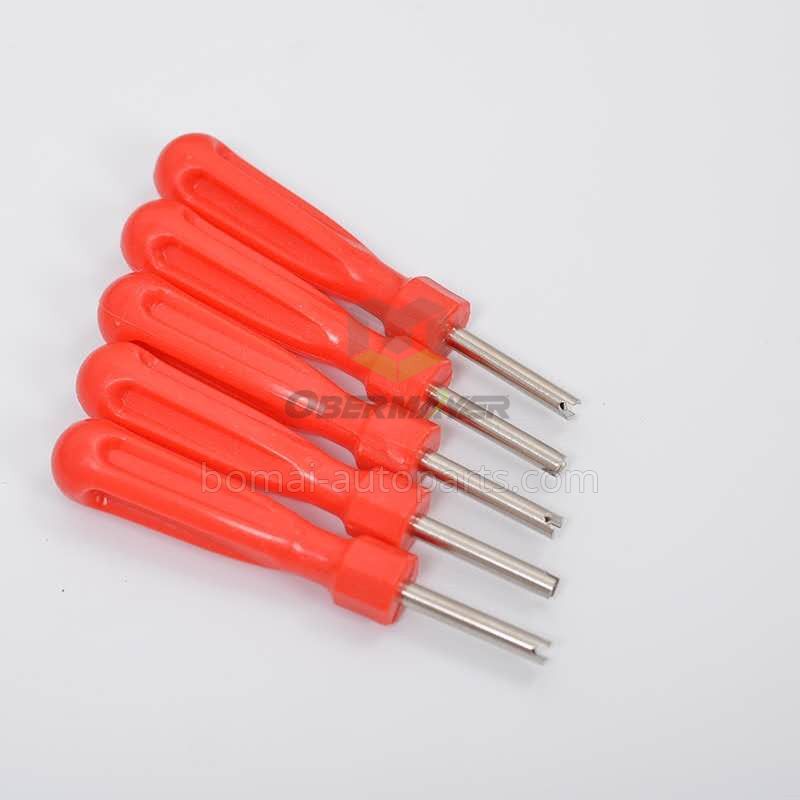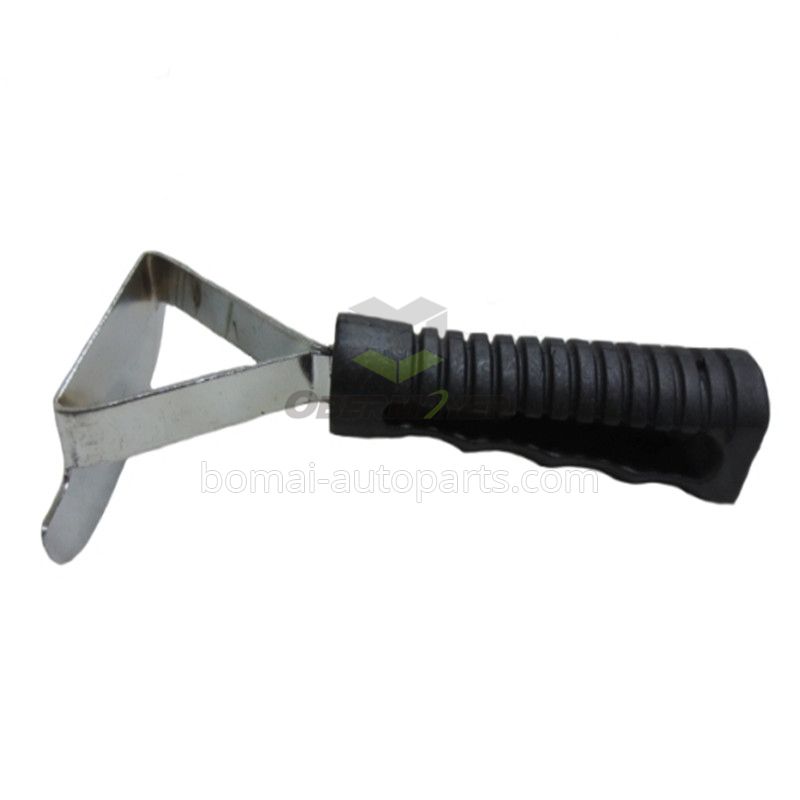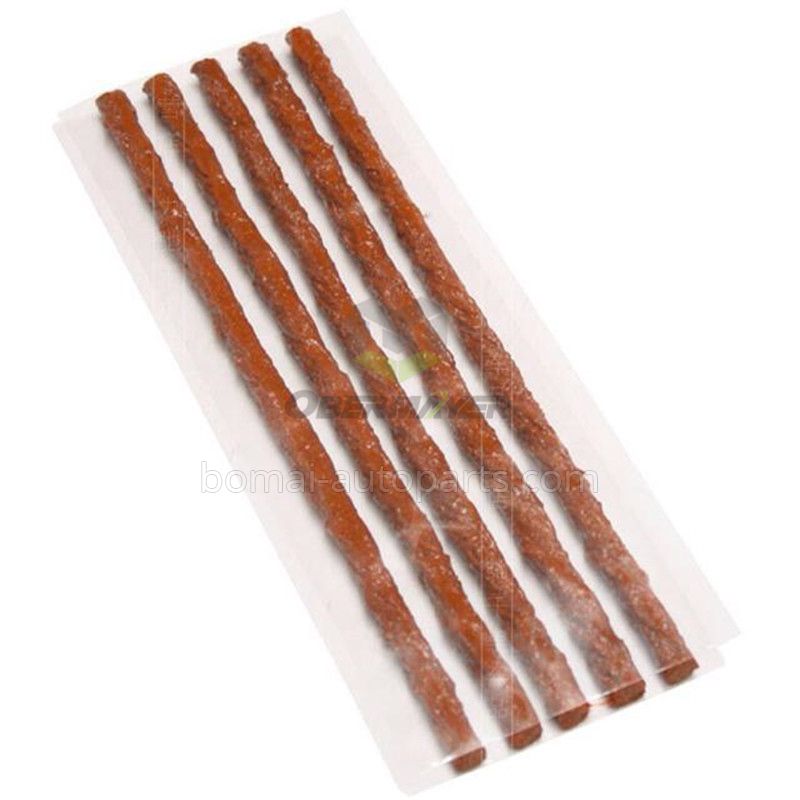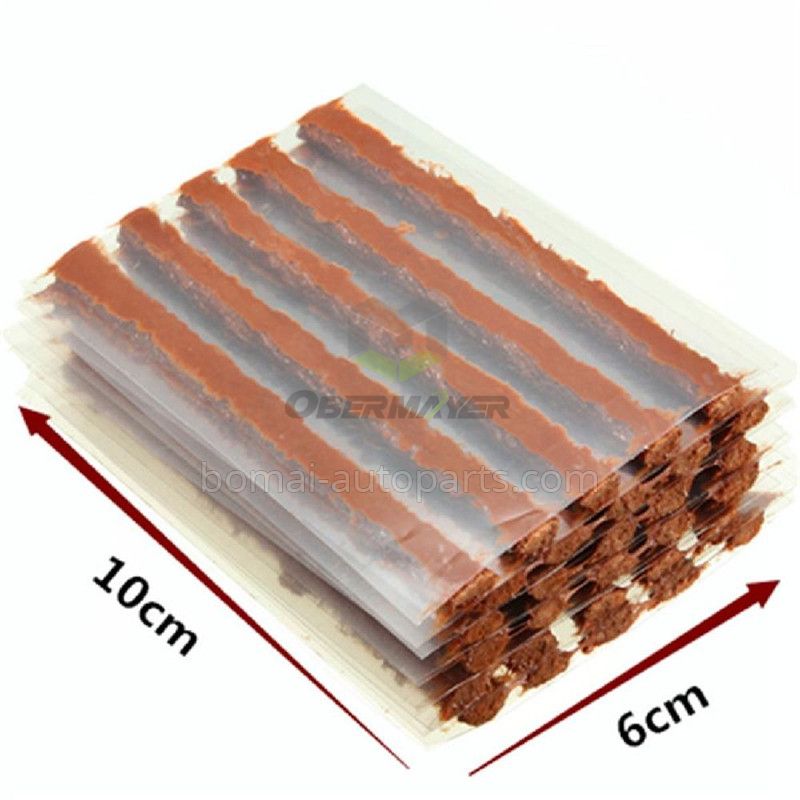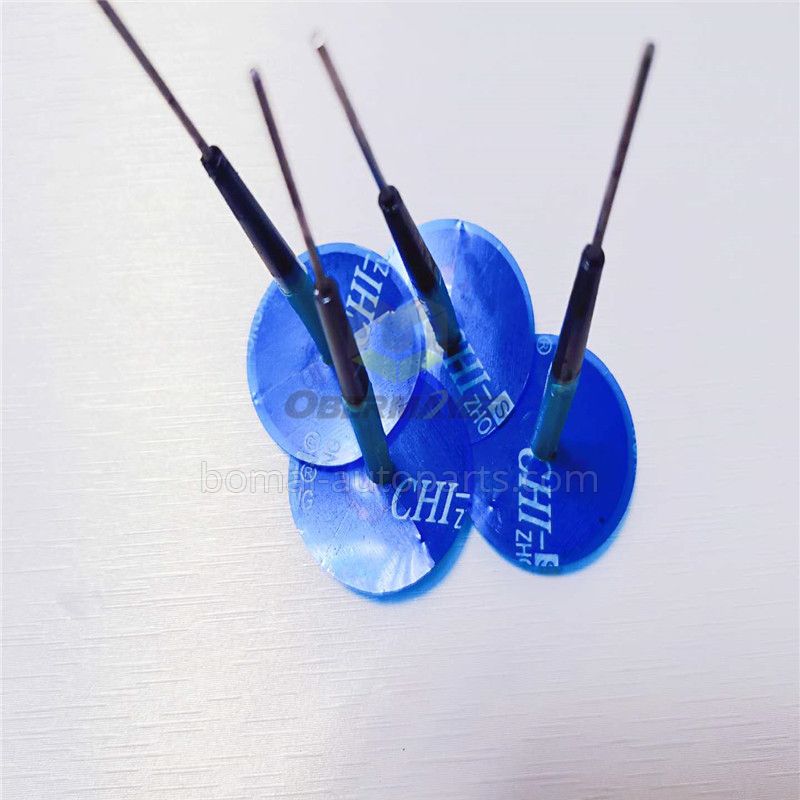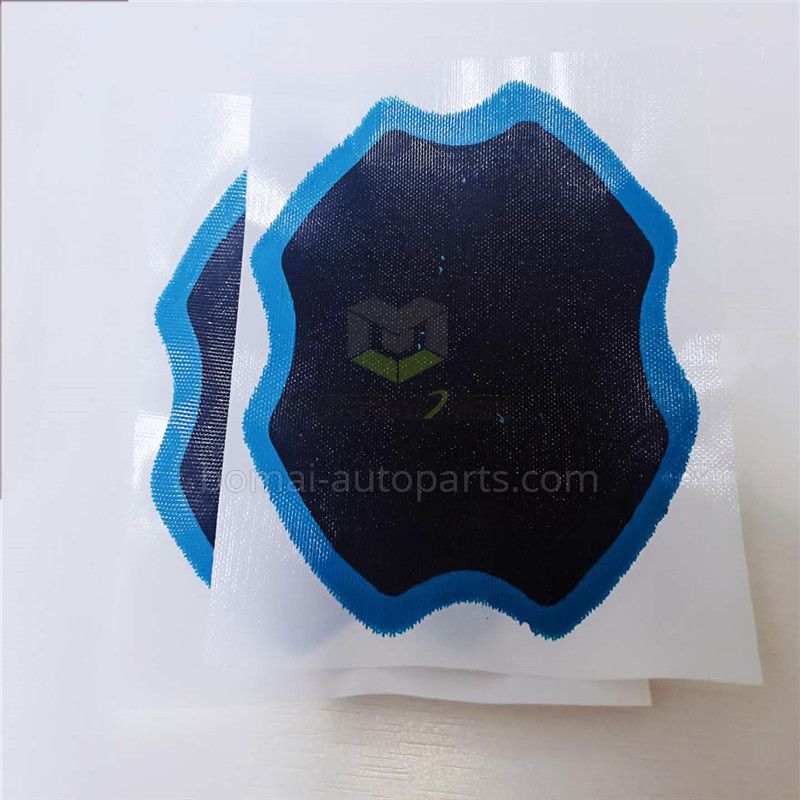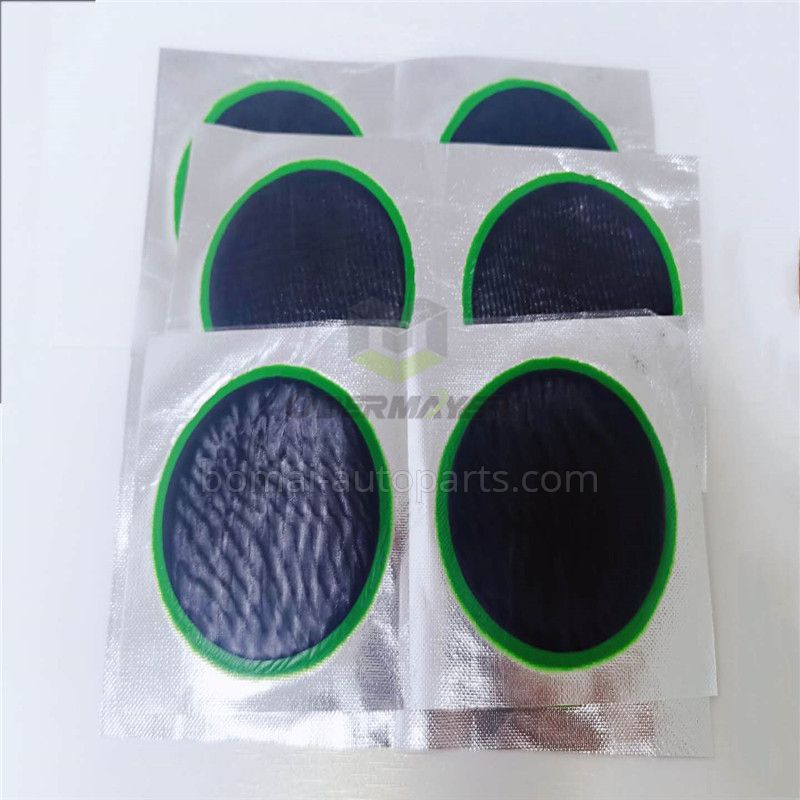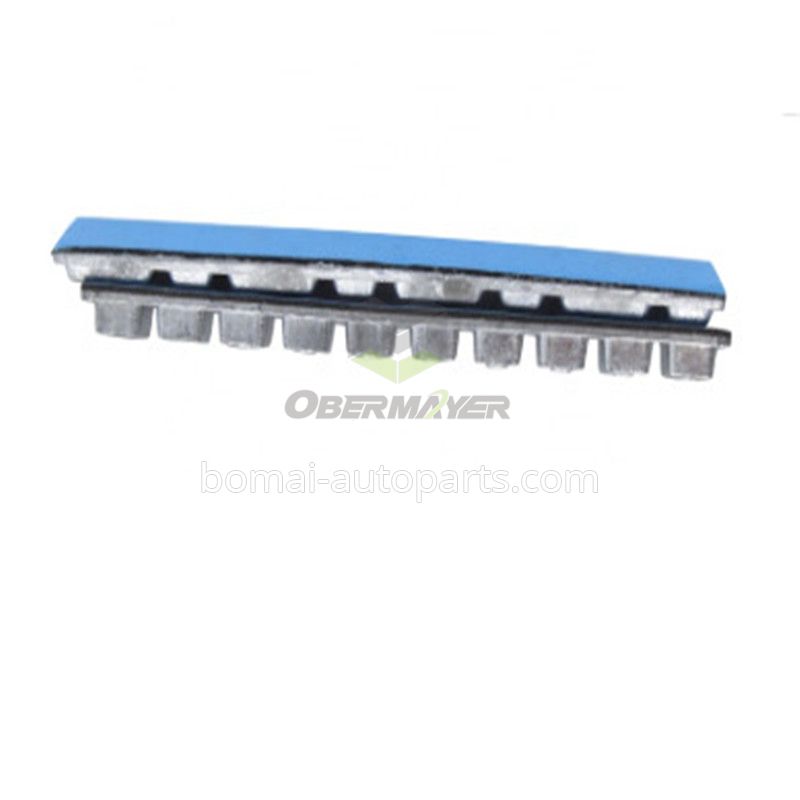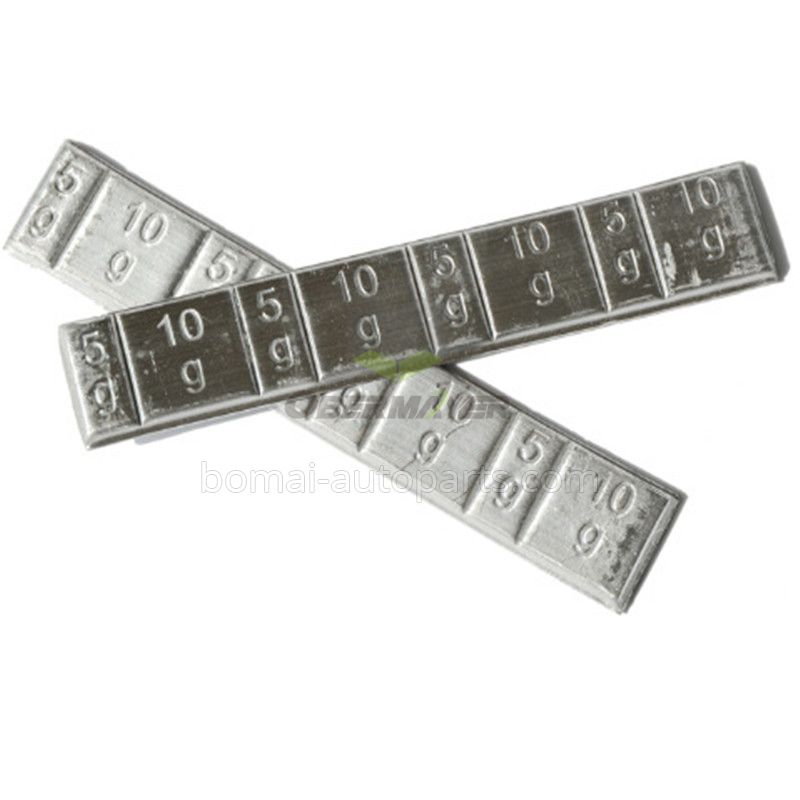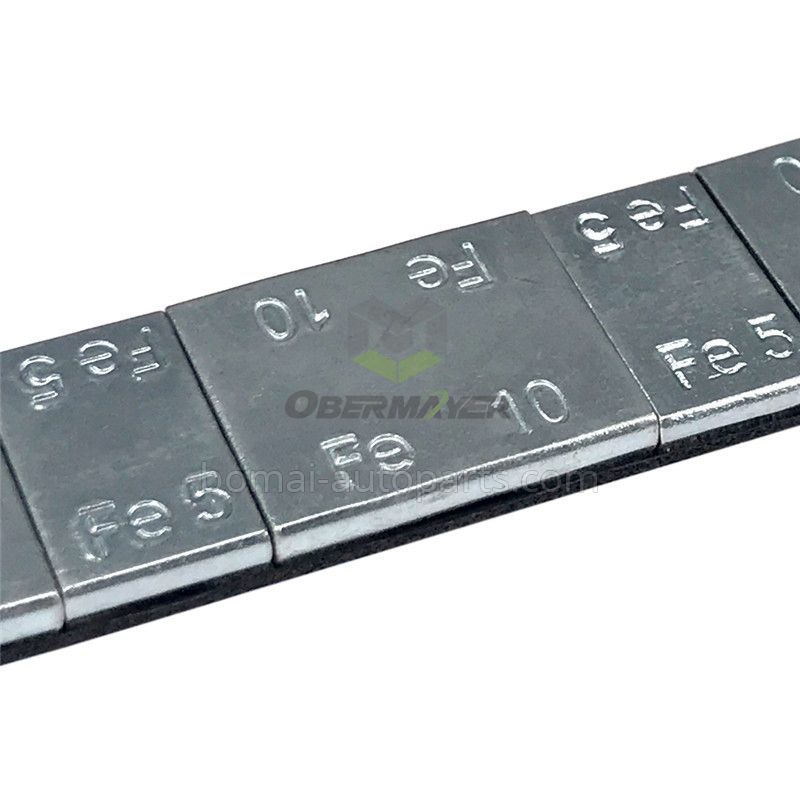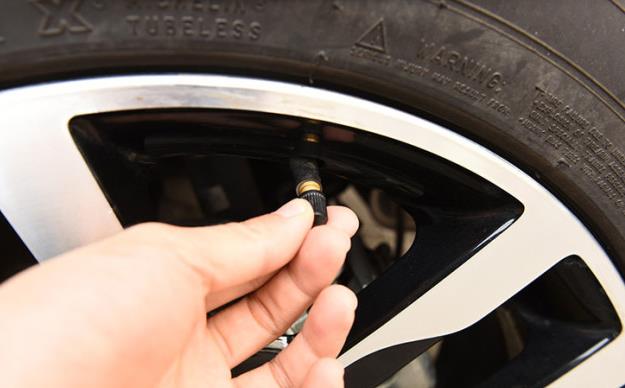How To Tell The Age Of A Tire
There's zero guesswork to finding the manufactured date to determine when to replace your tires. Or any tires for that matter. Simply look at the sidewall, and find the tire identification number. It'll begin with DOT. The Department of Transportation requires that all tires bear an alpha-numeric serial number, identifying the tire's manufacturing location, plus the week and year of its manufacture.
The last four digits of the tire identification number, or the date code, tell you all you need to know. The first two digits call out the week in which the tire was made. The last two are the year. A tire with the DOT number ending in 4206 was manufactured in the 42nd week of 2006.
Why would it be so important to know this that the Department of Transportation would get involved? Because tires, despite being made of hardy materials, still succumb to age-even when they aren't being driven. If you've ever looked at an old rubber band, you've surely noticed pores and cracks that open up over time. This eventually will happen to even the best-made tires.
The lawyer keeping his antique Ferrari beneath a blanket in the garage for 20 years will still need new tires if he wants to take it on the street with any confidence. Environmental factors such as temperature, sunlight, and coastal air accelerate the deterioration process. Even spare tires resting in the trunk of your car will need to be replaced once they're past their "expiration date."
An exact expiration date is impossible to determine, given the range of factors, the greatest of which of course is wear. Most warranties cover a tire for four years from its date of purchase, or five years from its date of manufacture. So, hold on to your proof of purchase in the event your tires don't survive that long.
And be sure to check the manufacturer's date code for any tires you may purchase. That set of tires on deep discount at Costco, or marked down on the shelf at your local tire dealer, may have been sitting in a warehouse for a couple years-in effect reducing the miles of performance you may get out of them.
It's with great seriousness that this next suggestion is made: never buy used tires. You simply can't be certain how they were driven or stored. The risk you run is the tire failing and causing you to suddenly lose control of your vehicle. However much you might save buying used tires, it isn't worth that outcome.
You may feel silly getting rid of a spare tire you've never driven a single mile. But tires are the same as any product, from milk to a cell phone, eventually they go bad. Except with a tire, your life depends upon it.
Previous: Free Printable Car Maintenance Checklist




